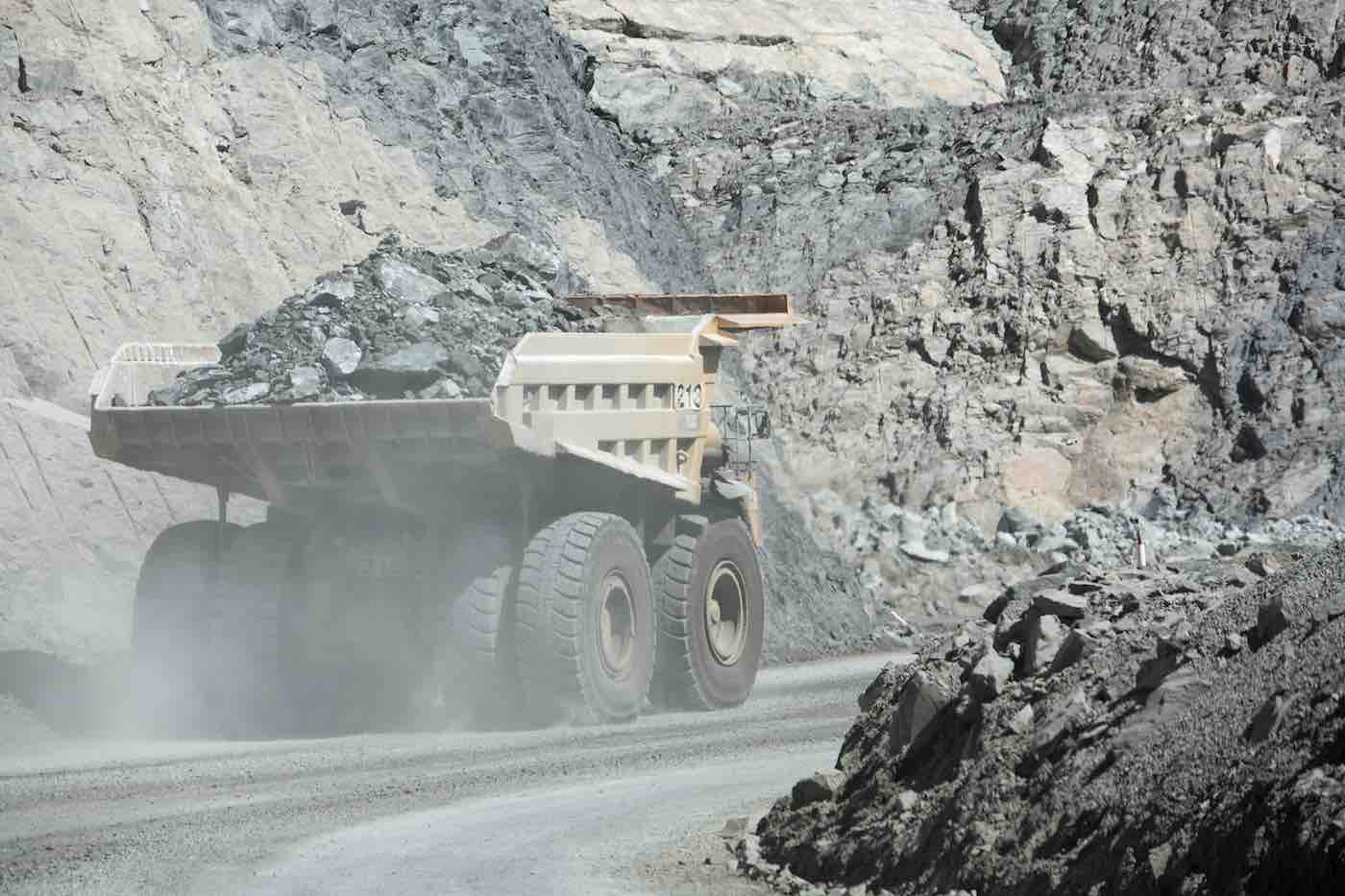
Press Release: May 1, 2021
Global Road Technology welcomes the recent clampdown by state governments across Australia on airborne pollution generated from mining activity, as the firm continues to advocate for more proactive methods of dust suppression to protect workers and the community.
Every Australian state except Tasmania have adopted recommendations by Safe Work Australia to halve the amount of silica dust in the air around worksites and reduce even further the respirable dust exposure for coal mines. This policy change is in response to a recent spike of cases of black lung disease and silicosis among mine workers, once again raising questions about safe levels of dust exposure at mining sites.
For GRT General Manager, Daniel Grundy, this renewed impetus on reducing dust pollution is welcome and sees it as a call to arms for the entire mining sector.
“At GRT we are committed to improving worker safety at mine-sites across the country and see these legislative changes as a wake-up call for the sector,” said Mr Grundy.
“Inadequate and ineffective dust control measures around mining activities are the key contributor to the increase in frequency of black lung disease and silicosis among mine workers, and its critical that we work together as an industry to address this through a more holistic approach to managing the airborne pollution caused by mining activity. Tightening the occupational exposure limits (OEL’s) and workplace exposure standards (WES) for coal and silica dust caused by mining operations, is the first-step in a long journey the industry needs to embark on as we aim put the safety of workers and the community front and centre – requiring a rethink on how we approach dust suppression across the country.”
These changes occurred on 1st July 2020 when most states adopted Safe Work Australia’s recommendation to halve the WES for respirable crystalline silica from an eight-hour time-weighted average airborne concentration of 0.1 milligrams per cubic metre (mg/m3) to 0.05 mg/m3. WA was the last of the states and territories to move to this standard on 27 October 2020 with the exception of Tasmania, which is choosing to observe the prior standards set in 2018.
These changes will be followed by the establishment of new dust respirable exposure standards of 1.5mg/m3 – which is a reduction from the previous standard of 2.5mg/m3 – for every single coal mine across Australia by 1st October 2022.
Queensland has decided to move ahead and adopt these standards now, with most of the other states and territories planning to implement these prior to the deadline.
Some of the issues lie with the fact that miners still often rely heavily on traditional water-based methods or non-sustainable chemicals to mitigate the generation of coal, silica, and other hazardous dust, which are often are ineffective and detrimental to the environment.
For Daniel Grundy, it is this mindset and approach that GRT is seeking to upend with its more holistic and innovation focused tactics to suppress dust.
“GRT’s approach is based on proactively resolving the problem of dust pollution at its source through advanced engineering techniques and an innovative, environmentally friendly product suite,” Mr Grundy said.
“To achieve the goal of nearly halving the silicate and coal dust particulates in the air generated by mining activity measured by percentage over the course of an eight-hour day it will be necessary to for miners to implement whole of mine site solutions to ensure that workers and communities are protected from airborne hazards. This holistic approach lies at the very heart of everything we do at GRT and we want to work with stakeholders from across the industry to deliver solutions that provide people adequate protection from these hazardous materials – our belief is that in 2021 people should not be dying of diseases that are largely preventable using the right products and techniques.”
Your feedback is important to us. If you enjoyed reading this Global Road Technology industry update and found it informative, please let us know by leaving a REVIEW.
Source: Australasian Mine Safety Journal